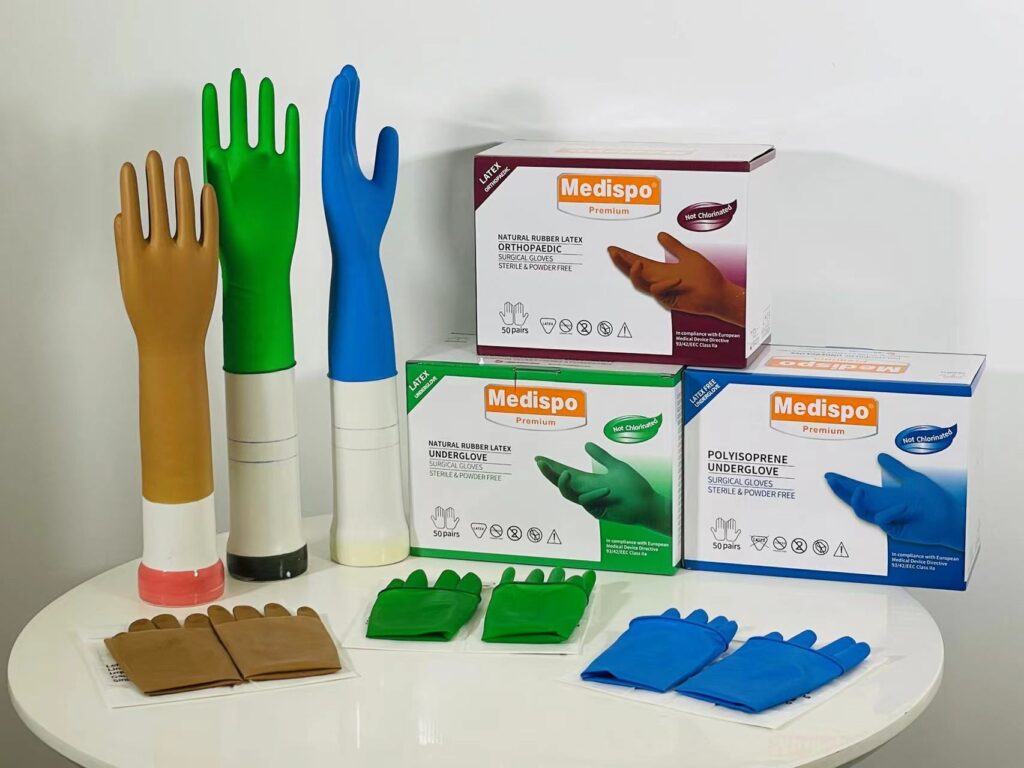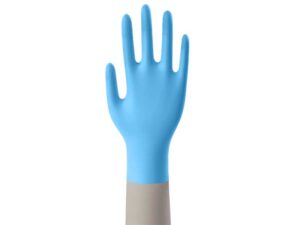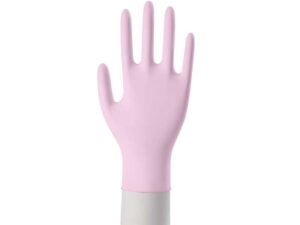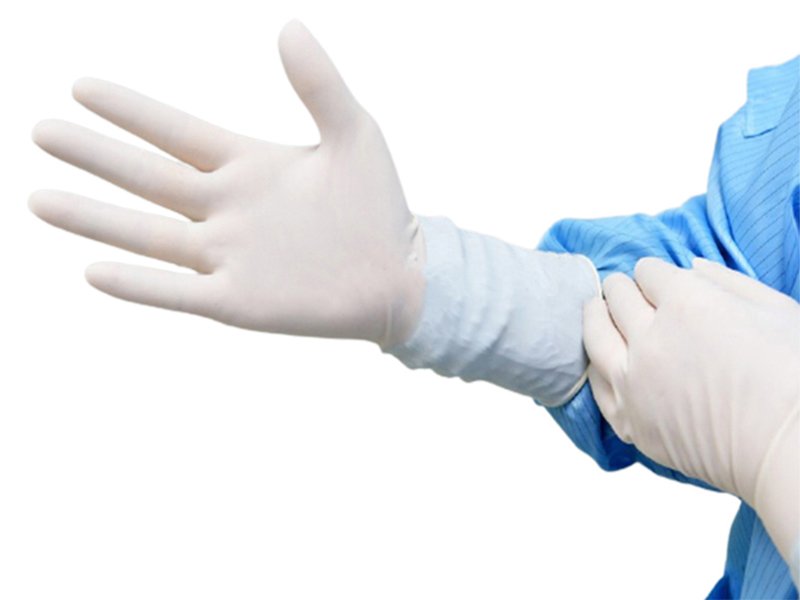For medical pratice, simply wearing gloves may not provide sufficient protection against RNAse – we’ve taken a look at what precautions should be taken, and which gloves are suitable for RNAse free labs.
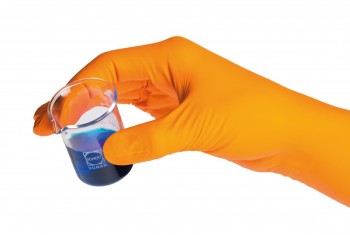
How can I protect against RNAse contamination in the lab?
Here are some tips for gloving in an RNase-free environment:
- As nitrile offers higher abrasion resistance than latex, use only nitrile gloves.
- To avoid cross-contamination, use only individually pair-packed gloves. Ideally these will be sterile gloves, which will minimise the risk of microbial contamination that could be a major source of RNases.
- Adopt aseptic donning technique, thereby avoiding human contact with the outer part of gloves.
- Use longer length gloves (≥ 30cm) to provide complete overlap with the sleeve and to ensure that there is no risk of skin shedding from the wrist.
- Select gloves that are certified RNase-free.
